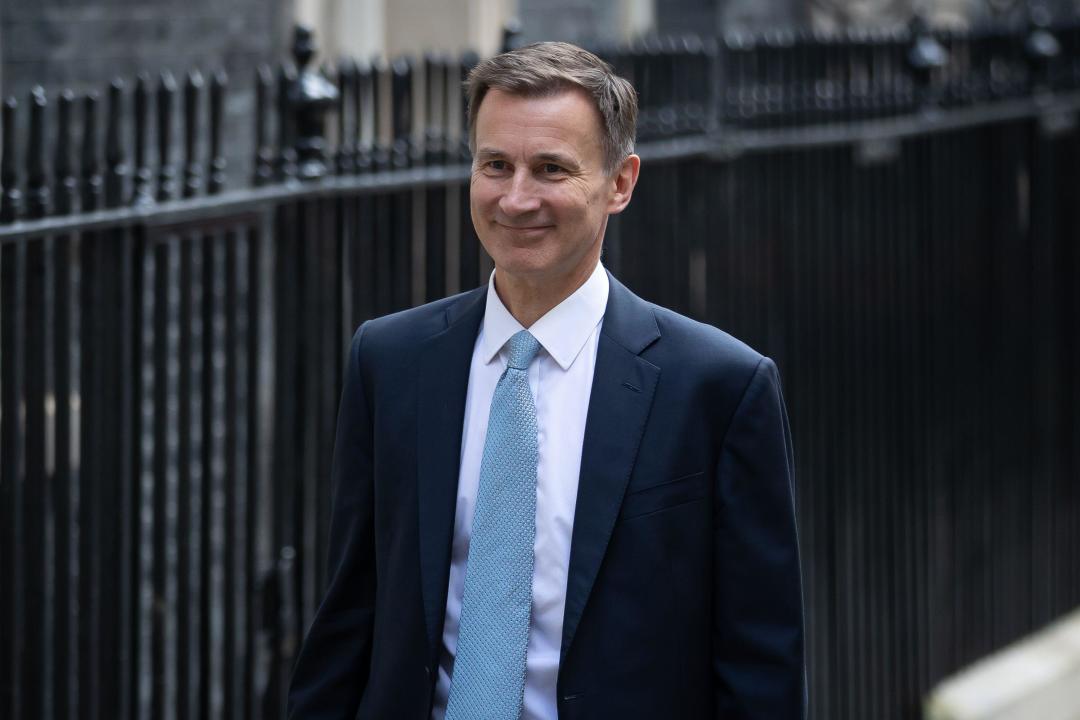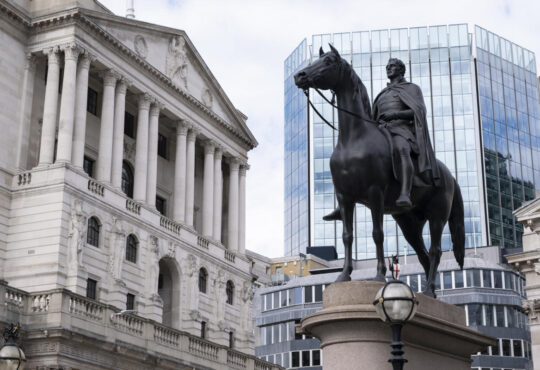

The FTSE 100 (^FTSE) and European stocks pushed marginally higher on Wednesday as UK inflation fell to its lowest level in two and a half years, as price pressures continue to ease.
The Office for National Statistics (ONS) revealed that the consumer prices index dropped to 3.2% in March, the lowest since September 2021, down from 3.4% in February.
However, this came in higher than the 3.1% economists expected.
-
London’s benchmark index was just 0.1% higher in early trade
-
Germany’s DAX (^GDAXI) climbed 0.2% and the CAC (^FCHI) in Paris headed 0.6% into the green
-
The pan-European STOXX 600 (^STOXX) was up 0.1%
-
Wall Street is set to open higher as S&P 500 futures (ES=F), Dow futures (YM=F) and Nasdaq futures (NQ=F) were all in the green
-
Rising fuel prices limited fall in UK inflation
-
Gatwick owner buys Edinburgh Airport for £1.3bn
Read more: UK inflation drops to 3.2% in March as Bank of England hints at rate cuts
“UK inflation remained a little higher than hoped in March, reflecting the strength of the economy, particularly the consumer sector, which is in pretty good shape,” Neil Birrell, chief investment officer at Premier Miton Investors, said.
“Inevitably everyone will be wondering what this means for interest rate cuts. The answer is probably not much, as this is just a case of inflation not slowing as quickly as hoped.
“However, the data does mean it’s unlikely the Bank of England will move to the top of the starting grid when it comes to who cuts first; them, the Fed or the ECB.”
Follow along for live updates throughout the day:
Live6 updates
Watch: How does inflation affect interest rates?
Download the Yahoo Finance app, available for Apple and Android.







